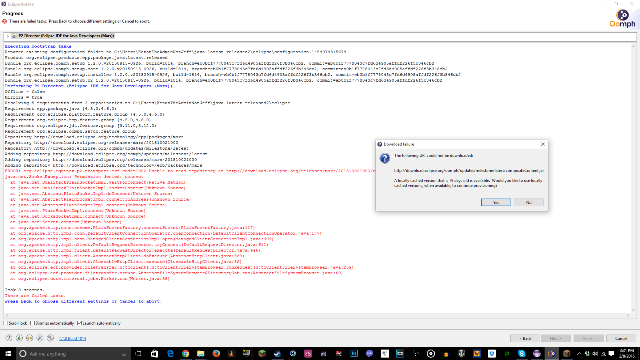


The world without Java is a utopia, at this point in time, to say the least. There are just too many electronic units depending on Java today that it would be impossible to strip it away from them while also maintaining their functionality. Generally designed in Java, the Eclipse IDE can also serve as the support for building various applications in all sorts of programming languages such as C++, JavaScript, PHP, C, Perl, Fortran, Ruby, Python or even COBOL.Īlthough released to the public in 1995, the multi-paradigm programming language known as Java still continues to fight the good fight and seems that it will never lose it as it is now present in over one billion devices worldwide through its pure code or other Java-related technologies. The Eclipse IDE is very popular within the ranks of the developing community, being praised for its simplicity and the expandable system of plug-ins that you can easily use for tailor-making your very own workspace. Firstly, the target developer should have a level of Java know-how, be familiar with Eclipse and look for an integrated development environment (IDE) to suit both. Eclipse IDE for Java Developers addresses a particular group of developers.


 0 kommentar(er)
0 kommentar(er)
